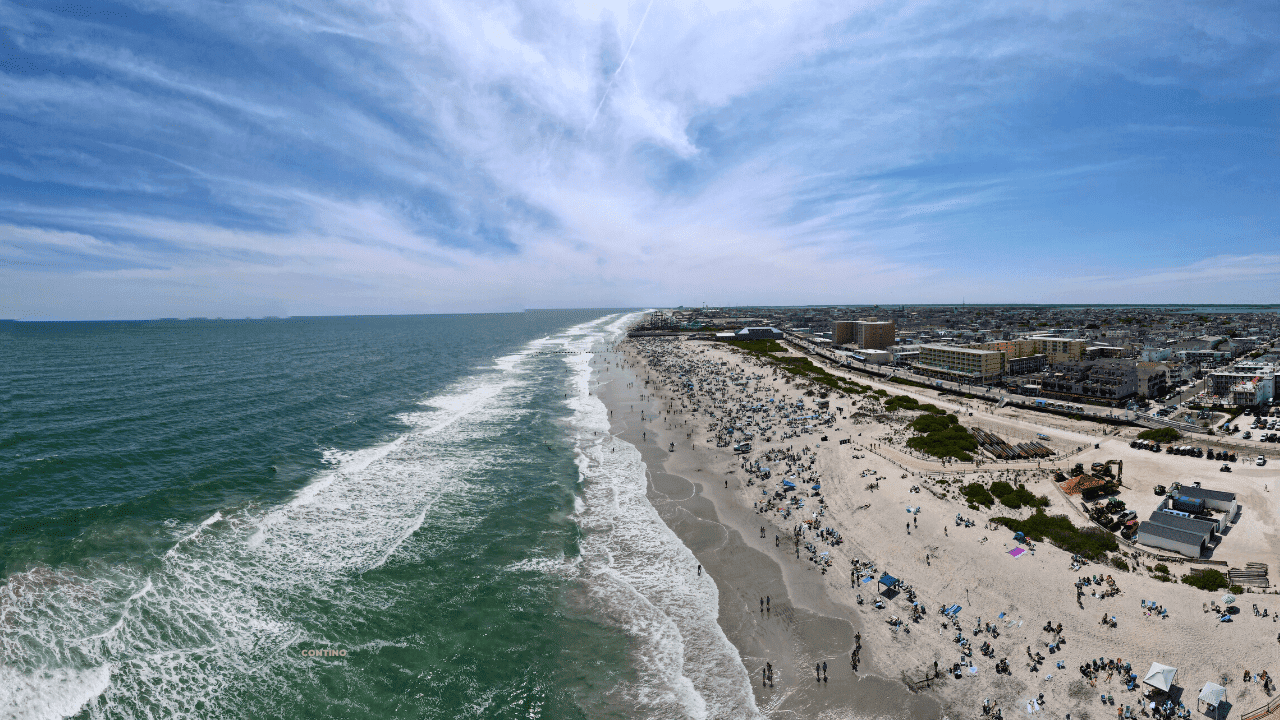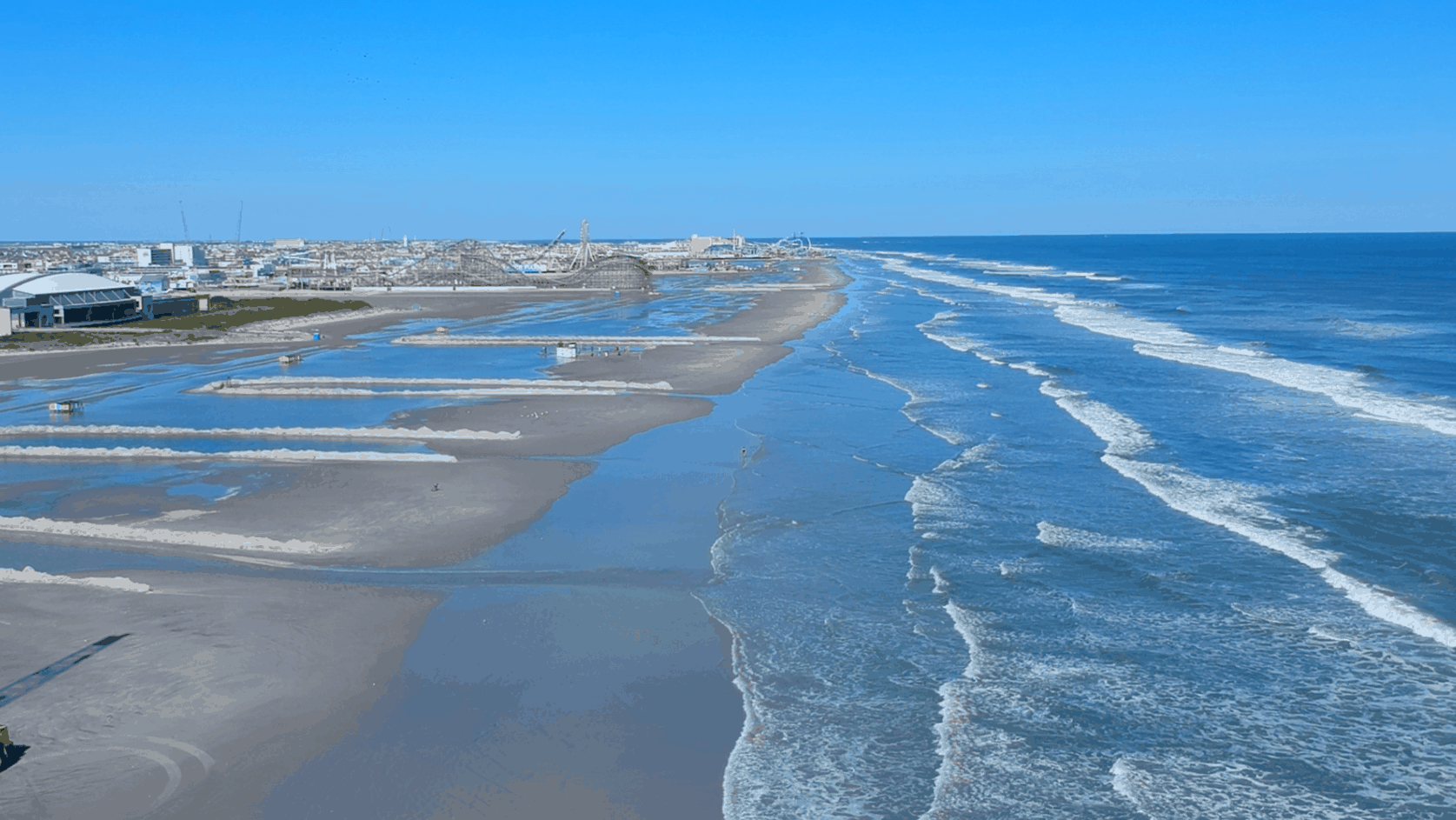The Real Reason Why New Jersey’s Waters Are Warmer In August
The increase in ocean temperature in New Jersey during August can be attributed to a combination of atmospheric and oceanic factors that create a complex interplay of heat exchange.
This phenomenon is influenced by both natural climatic patterns and human-induced factors, and understanding these mechanisms provides insight into the broader context of global climate change.
One primary driver of warmer ocean temperatures in August is the concept of seasonal lag. While the summer solstice occurs in late June, the oceans take time to respond to changes in solar radiation. Water has a higher heat capacity than land, which means it can absorb and release heat more slowly.

The Real Reason Why New Jersey’s Waters Are Warmer In August
As a result, the oceans continue to absorb heat throughout the summer, causing their temperatures to gradually rise even after the peak of solar input.
Additionally, ocean currents play a crucial role in redistributing heat. New Jersey is influenced by the Gulf Stream, a warm ocean current that originates in the Gulf of Mexico and flows along the East Coast of North America.
This current transports warm water northward, and by August, it has had several months to bring higher temperatures to the region. The warm water from the Gulf Stream can contribute to the overall rise in ocean temperature along the New Jersey coast.
Furthermore, atmospheric conditions in August contribute to the warming of ocean waters. High-pressure systems often dominate during this time, leading to clear skies and reduced cloud cover.

Flying Over The Flooded / Erosion Damaged Wildwood Beaches
With fewer clouds to reflect sunlight, more solar radiation reaches the ocean surface, directly heating the water. This intensified solar radiation further contributes to the gradual warming of the ocean.
It’s important to recognize that human-induced climate change can amplify these natural processes. The emission of greenhouse gases, such as carbon dioxide, has led to a warming of the Earth’s atmosphere.
As the atmosphere warms, it enhances the overall heat exchange between the air and the ocean. This can lead to more prolonged periods of elevated ocean temperatures, as the ocean absorbs excess heat from the atmosphere.

The warming ocean not only affects marine ecosystems and biodiversity but also has broader implications for weather patterns, sea level rise, and the intensity of tropical storms.
Also See: Sea Angels Are in New Jersey
In conclusion, the warmer ocean temperatures in New Jersey during August are the result of a complex interplay of natural factors, including seasonal lag, ocean currents, and atmospheric conditions.

While natural climatic patterns play a significant role, human-induced climate change can exacerbate these processes, leading to more sustained periods of elevated ocean temperatures.
Understanding these mechanisms is crucial for predicting future trends in ocean temperatures and their potential impacts on both local and global scales.
